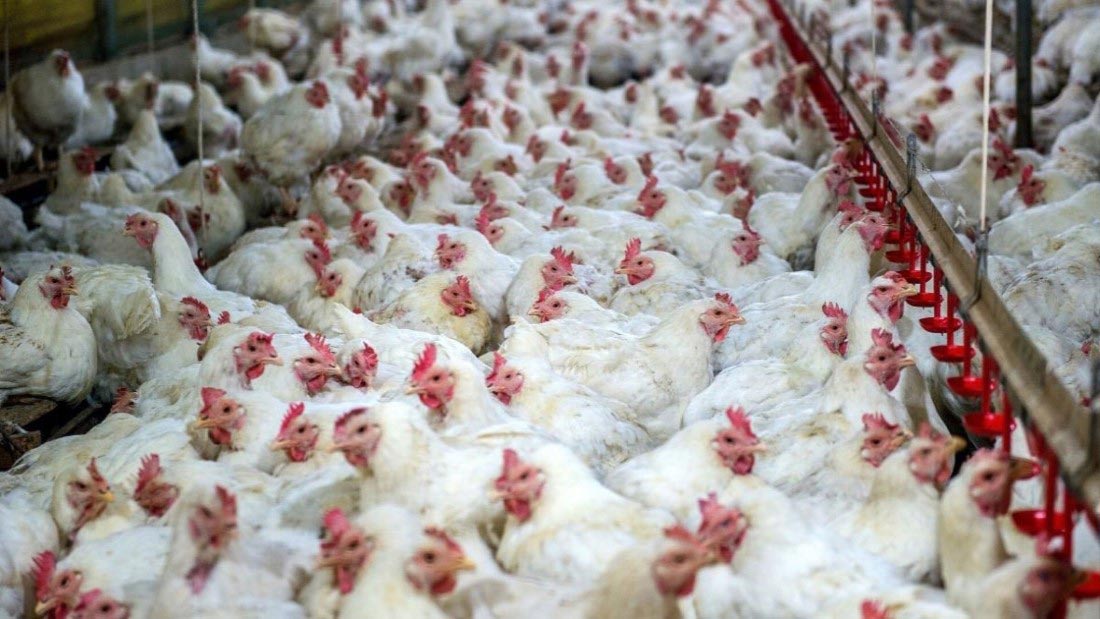Factory farms breed pandemics

The Covid-19 coronavirus may be linked to a wet market, but the next pandemic could come from a factory farm near you.
Jonathan Safran Foer, author of Eating Animals and We Are the Weather: Saving the Planet Begins at Breakfast and Aaron S Gross, founder of Farm Forward and an associate professor at the University of San Diego, came together to call for an end to factory farming in today’s Guardian.
They point out that most of the meat people eat today comes from genetically uniform, immunocompromised, regularly drugged animals packed by the thousands into buildings or stacked cages. A ripe breeding ground for emerging diseases.
They ask us to imagine if every terrorist in recent memory had spent time in the same training camp, but no politician would call for an investigation of that camp. What if we knew that those terrorists were developing weapons more destructive than any that we’ve ever seen before? This, they say, is our situation when it comes to pandemics and farming.
They point out how we are preoccupied with the production of face masks, but appear unconcerned with the farms that are producing pandemics.
China may have shut down 19,000 wildlife-farming operations and banned meat from wild animals at wet markets but the factory farms across the world are still open for business.
The H5N1 avian influenza (bird flu) virus has a death rate of 60 per cent according to the CDC. It does not spread easily from human-to-human, with just a handful of cases reported. But if it mutates to become more easily spread, like seasonal flu, we could be facing anything from five to 150 million deaths says David Nabarro, one of the most senior public health experts at the World Health Organisation.
The article warns: “H5N1’s failure to reach pandemic proportions simply means we have a terrorist kicking around who is just one small viral mutation away from obtaining the equivalent of a nuclear arsenal”.
The link between factory farming and increasing pandemic risk is well-established scientifically, but the political will to curtail this risk is lacking. They conclude that if we respond with sufficient wisdom, this time that is so marked by death could also be remembered as a turning point, a time of reckoning, quiet heroism and, as the months pass, renewal.
Juliet Gellatley, Viva!’s founder and director says: “We must have a societal shift in the way we view animals, the environment and our diets. We must stop eating animals. It is time to finally make the connection between animal agriculture and environmental destruction, antibiotic resistance and disease outbreak. We must stop tearing down forests to make way for animal farming or to grow animal feed. We must protect ecosystems and prioritise the safety and freedom of wild animals, leaving them to live their lives away from human contact. If we don’t take urgent and far-reaching action now, eating animals will be the death of us”.
It’s time to end factory farming.
Viva! will soon be launching a new campaign on the links between infectious diseases, pandemics and factory farming – watch this space!
Find out more about Covid-19 and coronavirus here.




